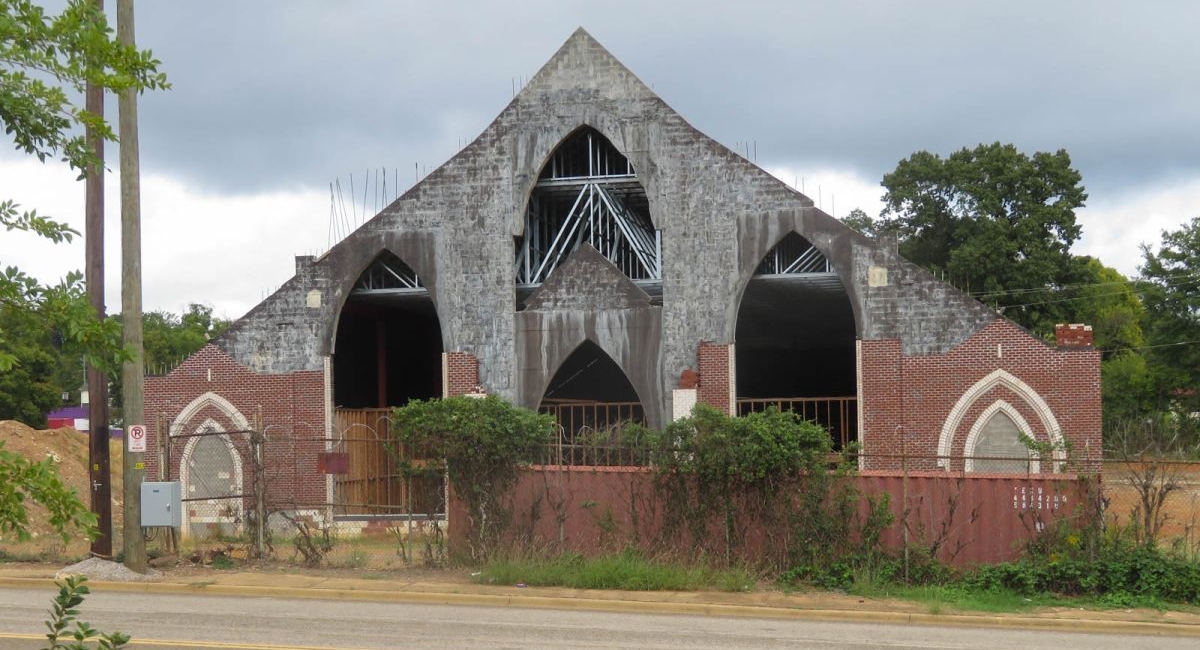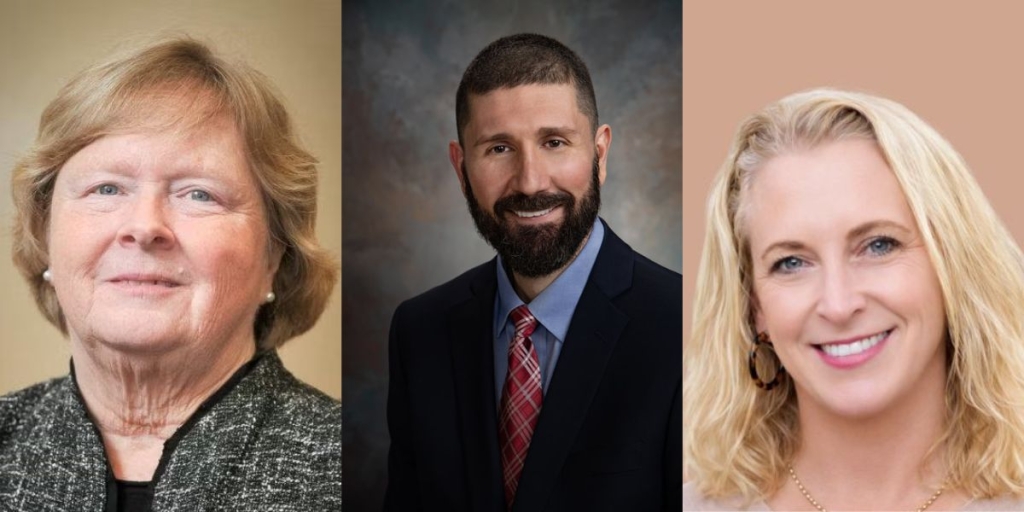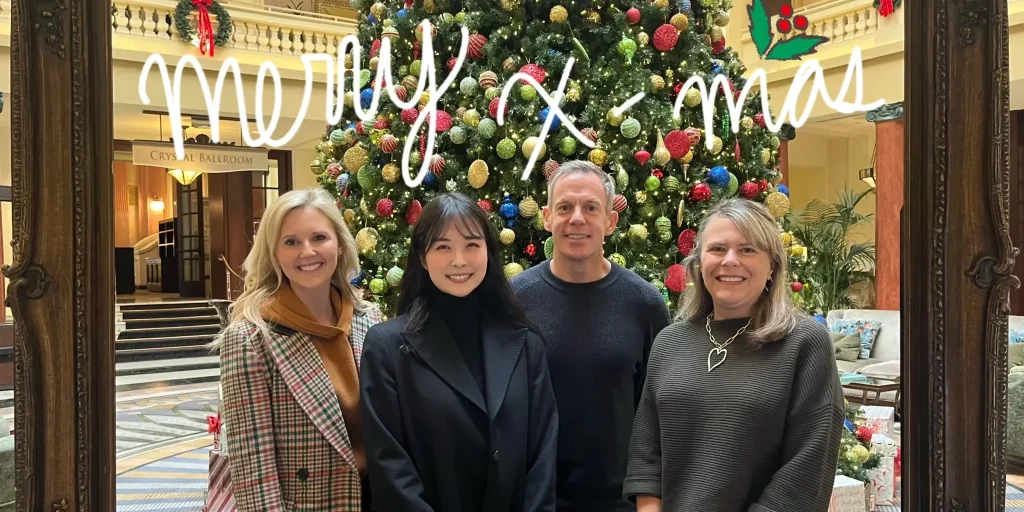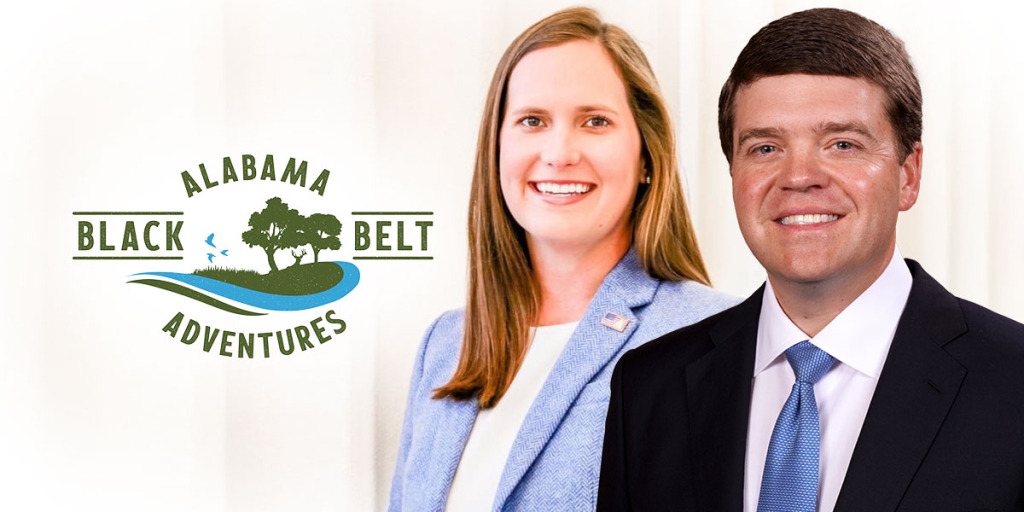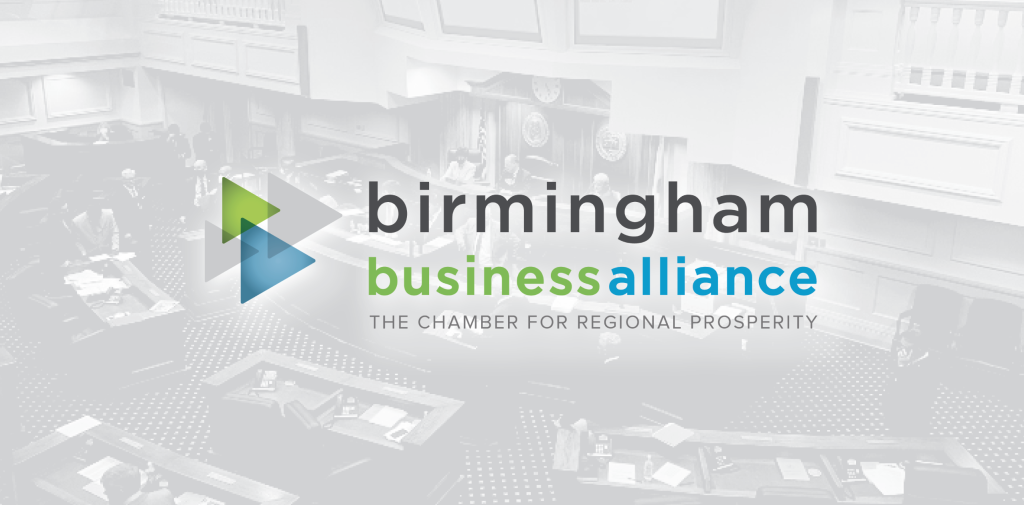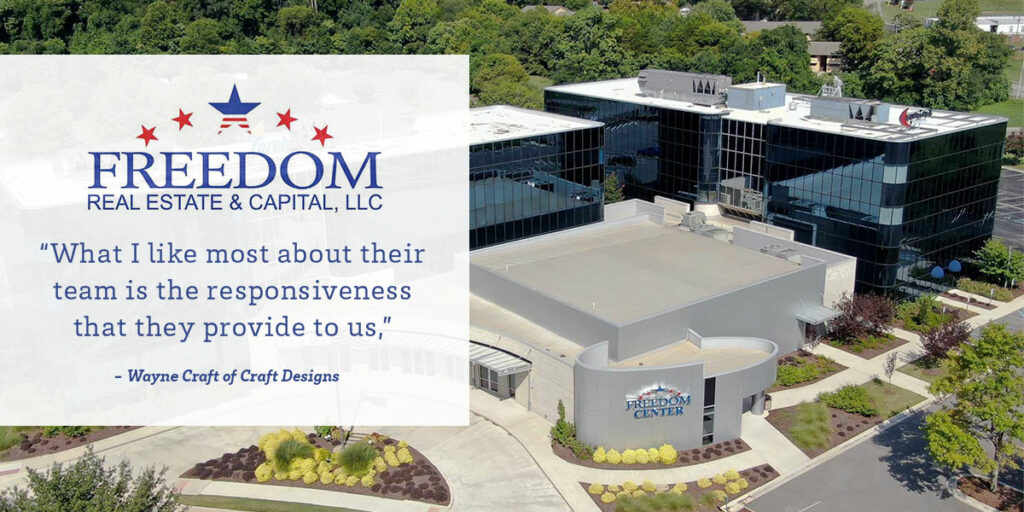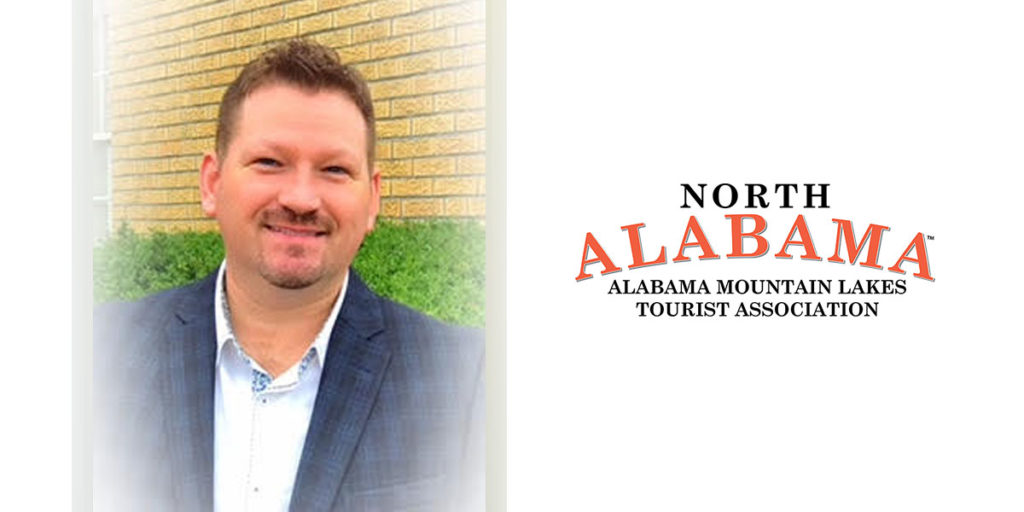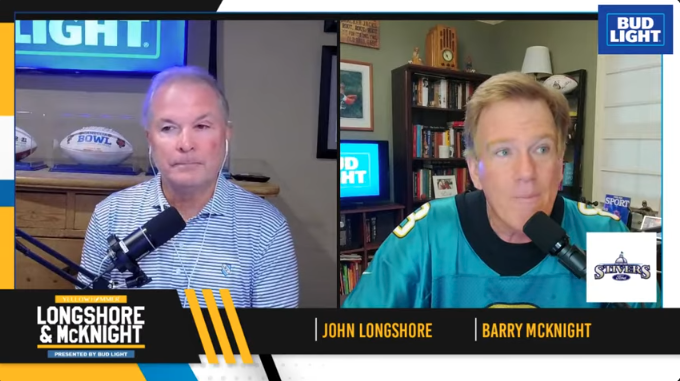The City of Birmingham has proposed a new use for the land it reclaimed from Trinity CME Church, a site long marked by an unfinished cathedral near Carraway Boulevard.
Under a new request for proposals, the City is seeking a qualified development team to transform the property into a hospitality-focused project designed to drive tourism, economic growth, and neighborhood revitalization.
According to the official RFP, the plan calls for a branded midscale to upscale hotel with at least 100 guestrooms and the potential for a mixed-use component. Developers are encouraged to design a project that blends seamlessly with the surrounding urban environment, enhances the city’s appeal, and reflects the unique character of Birmingham.
The proposal outlines expectations for high-quality architecture and public realm improvements, along with amenities such as a restaurant or bar, meeting rooms, a fitness center, pool, outdoor gathering areas, and guest parking. Sustainability will also play a central role, with the City requiring environmentally conscious design and operational practices.
To make the project viable, Birmingham is prepared to negotiate a competitive incentive package, which may include a land conveyance or a long-term ground lease, as well as infrastructure improvements to support development and ongoing operations.
The site includes two adjoining City-owned parcels at 1129 Carraway Boulevard and 2615 12th Avenue North, located within walking distance of Protective Stadium, TopGolf, the Uptown entertainment district, and the new Coca-Cola Amphitheater.
The City’s latest proposal follows years of uncertainty surrounding the property.
According to AL.com, the land was originally transferred to Trinity CME Church roughly a decade ago as part of a relocation agreement after the congregation was displaced from its Collegeville home to make way for a new railroad-crossing bridge. The City also contributed $500,000 toward the church’s construction costs, envisioning a thriving new cathedral that would help anchor growth in the area.
Instead, the project stalled, leaving behind a half-built structure that never opened for worship. The unfinished building quickly became an eyesore in one of Birmingham’s most visible corridors. The City eventually filed suit to recover both the land and its investment. The dispute was resolved in 2024, when a settlement returned the property to City ownership.
Now, with renewed momentum in the district and new attractions drawing visitors to the area, Birmingham is inviting developers to help turn a long-idle site into a vibrant new gateway for hospitality and growth.
Sherri Blevins is a staff writer for Yellowhammer News. You may contact her at [email protected].




